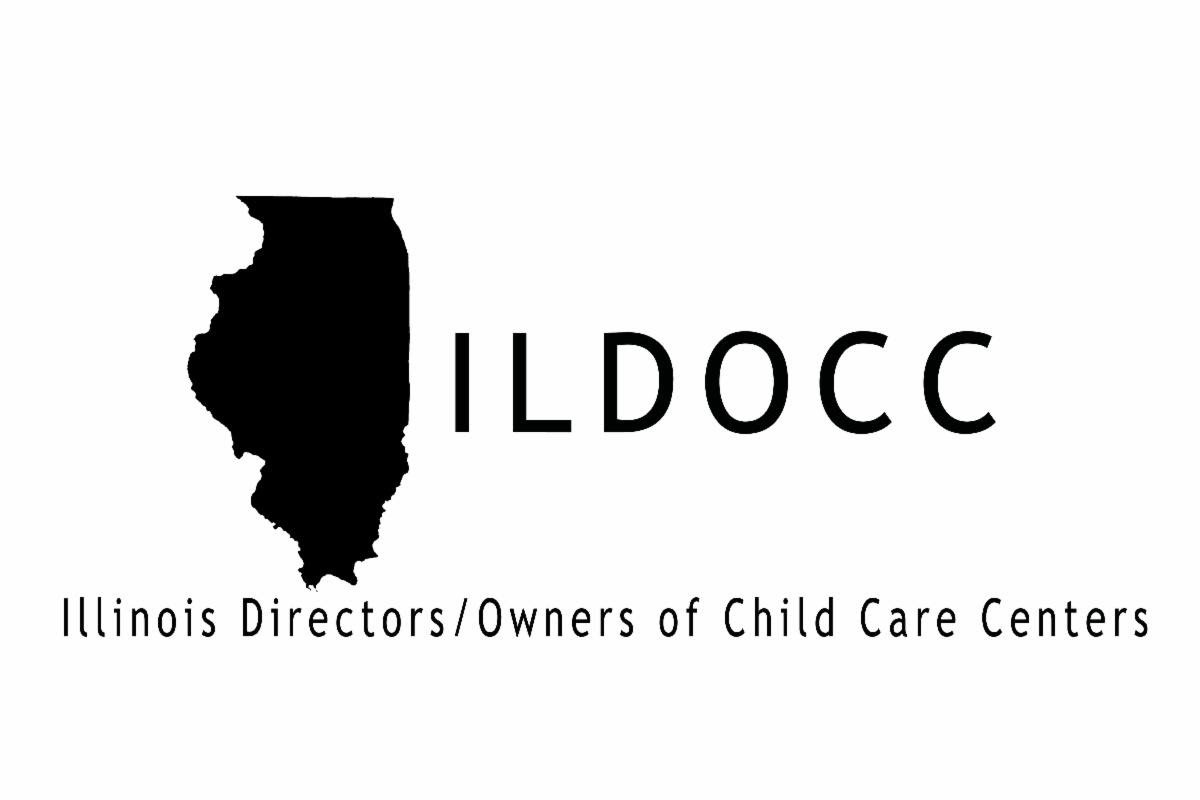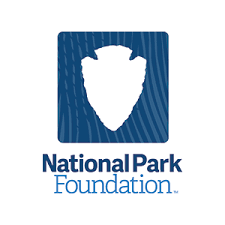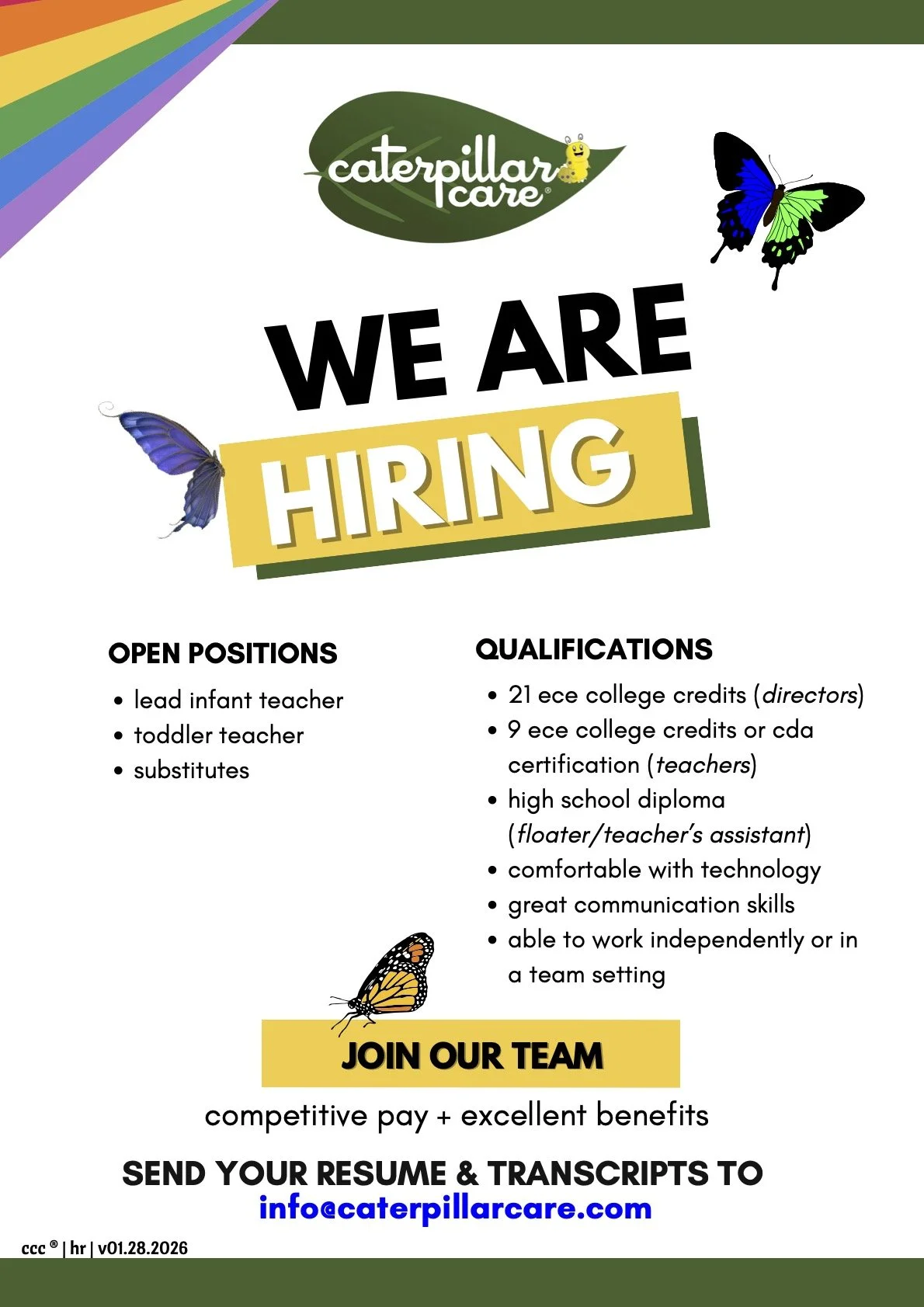curiosity is the first spark of learning. long before children can read or write, they explore the world through questions, observations, and wonder. a toddler turning over a rock to see what lives underneath or a preschooler asking “why?” for the tenth time is not simply seeking answers—they are building understanding, confidence, and connection.
in early childhood, curiosity is the engine that drives development. like the first buds of spring pushing through the soil, children’s questions signal growth already underway.
why curiosity matters in early childhood
curiosity fuels learning across every developmental domain. when children investigate their surroundings, they strengthen problem-solving skills, language development, and critical thinking. exploration teaches them that learning is active, not passive.
a curious child learns persistence. when a block tower falls, they rebuild. when paint colors mix unexpectedly, they experiment again. each discovery reinforces an important lesson: mistakes are part of learning.
more importantly, curiosity nurtures confidence. children begin to trust their own ideas and observations, realizing their thoughts have value.
creating environments that invite exploration
children are naturally curious, but environments can either encourage or limit that instinct. thoughtful spaces invite investigation and independence.
✔ provide open-ended materials such as blocks, art supplies, and natural objects that can be used in many ways.
✔ rotate toys periodically to renew interest and spark fresh exploration.
✔ allow accessible shelves so children can choose materials independently.
when children feel ownership over their environment, curiosity flourishes naturally.
the power of asking instead of answering
adults often feel pressure to provide immediate explanations. yet curiosity grows strongest when caregivers respond with questions instead of quick answers.
when a child asks, “why is the sky blue?” a response like, “what do you notice about the sky today?” encourages observation and thinking.
this approach communicates that learning is a shared journey rather than a one-sided lesson. children begin to see themselves as capable thinkers, not just receivers of information.
learning through everyday moments
curiosity does not require elaborate activities. ordinary routines are filled with opportunities for discovery.
during meals, children notice textures, colors, and smells. during walks, they observe changing weather, insects, and sounds. even cleaning up becomes exploration as children sort, organize, and categorize.
these small moments teach children that learning happens everywhere—not only during structured lessons.
embracing slow learning
curiosity thrives when children have time. rushing from activity to activity can interrupt exploration just as interest begins to deepen.
lingering with an activity—watching a snail crawl, building a structure again and again, or studying shadows on the ground—allows children to develop focus and patience.
slow learning teaches children that understanding unfolds gradually, much like growth in nature.
supporting curiosity through play
play is the natural language of curiosity. through imaginative play, children test ideas, experiment with roles, and make sense of their experiences.
a cardboard box becomes a spaceship. a blanket transforms into a cave. these moments are not distractions from learning—they are learning.
when adults protect uninterrupted playtime, they protect the child’s ability to wonder and create.
modeling curiosity as caregivers
children mirror the attitudes they see. when adults express wonder—pausing to notice a rainbow, asking questions aloud, or showing excitement about discovery—children learn that curiosity is lifelong.
saying, “i wonder what will happen if we try this,” invites children into collaborative exploration and shows that adults are learners too.
curiosity and emotional growth
curiosity also supports emotional development. exploring new ideas helps children manage uncertainty and build resilience. trying something unfamiliar teaches courage and adaptability.
when children feel safe to ask questions without fear of being wrong, they develop confidence not only in learning but in expressing themselves.
conclusion: growing lifelong learners
curiosity is not something adults must create—it already lives within every child. the role of caregivers is to protect it, nurture it, and give it space to grow.
each question asked, each discovery made, each moment of wonder is a small step toward lifelong learning. like flowers opening toward the sun, children naturally reach for understanding when given warmth, patience, and encouragement.
and when curiosity is allowed to bloom, children carry with them a lasting love of learning—one that continues to unfold long after childhood, guiding them as they spread their wings and explore the world.
































